PFAS

You’ve probably seen many headlines about PFAS, also known as “forever chemicals,” and how they have permeated pretty much every facet of our lives. But what are PFAS, exactly, and what risks do they pose to us humans?
On Green Matters, you’ll find consistent coverage of news regarding PFAS to keep you informed on the latest studies and findings regarding this controversial group of chemicals, how they impact our health, and what laws have been proposed and instituted to reduce our exposure to forever chemicals.
What are PFAS? What does PFAS stand for?
PFAS, which stands for per- and poly-fluoroalkyl substances, are a group of man-made, long-lasting chemicals, according to the EPA. These chemicals help repel grease, water, and other elements, so they are used widely in various industrial processes and everyday products, as per the Wisconsin Department of Health Services.
However, they really shouldn’t be.
Why are PFAS called forever chemicals?
According to the University of Rochester Medical Center, PFAS are made of carbon and fluorine molecules that have been attached to each other, resulting in a very strong bond. This strong bond means that PFAS are good at making products repel things, such as food and grease (which is why they’re used in non-stick cookware and food packaging), as well as water (why you’ll sometimes find PFAS in waterproof mascara and other makeup, as well as raincoats and other waterproof clothing).
That said, this strong bond is so strong that PFAS are extremely difficult to break down — meaning that PFAS essentially lasts forever, preventing items made with PFAS from biodegrading safety. Instead, as items with PFAS try to break down, the PFAS continue to persist, leaching toxins into nature, our bodies, and more.
Though some scientists have come up with ways to potentially break down PFAS, though none of these methods have been applied on a mass scale yet — so forever chemicals remain forever chemicals, at least for now.
When were PFAS invented?
According to the Interstate Technology and Regulatory Council, PFAS chemistry was first discovered in the 1930s. Scientists continued to develop PFAS chemicals through the late 1940s.
The mass production of PFAS chemicals did not begin until the 1940s. According to Searchlight New Mexico, in 1947, the corporation 3M began widely manufacturing PFOA, which is one of the most commonly-used PFAS substances. Many have blamed the massive company for bringing PFAS to the mass market, and in December 2022, 3M announced plans to stop manufacturing and using PFAS by 2025.
Then, in 1951, the chemical company DuPont began using PFOA to make Teflon, a repellent coating that is now commonly applied to frying pans, as well as various food packaging, clothing, furniture, dental fillings, and more.
What are PFAS used for?
Over the following decades, 3M, DuPont, and others continued innovating PFAS to come up with other uses for it. Over the years, manufacturers started using PFAS to make a variety of products, including: Teflon and other non-stick coatings, food packaging, waterproof makeup, waterproof shoes and clothing, rugs, dental floss, Scotchgard, firefighting foam, paint, ski wax, cleaning products, and more.
However, those aren’t the only places PFAS are found.
Where have PFAS been detected? They are in our water, soil, and air.
Because PFAS has been used so widely in manufacturing and consumer products, this persistent chemical has made its way into nearly every facet of life on Earth. PFAS have been detected: in the soil, water, and air; in the air and carpets in kindergarten classrooms; in drinking water; in rainwater; in freshwater fish; and even in breast milk.
Humans can be exposed to PFAS via any of these things — meaning it’s pretty hard to not be exposed to PFAS.
PFAS presents various risks for human health and the environment:
Much like when fossil fuels were discovered, the associated environmental and health risks of PFAS were not clear when PFAS were first developed. But for a few decades now, the health risks of exposure to high levels of PFAS have been evident, and backed up by scientific research.
Being exposed to PFAS chemicals has been linked to various health issues, including: cancer; high cholesterol; thyroid dysfunction; hormone disruption; fatty liver and disruption of liver function; immune system issues; and reproductive issues, according to Toxic-Free Future.
PFAS also present a number of environmental risks, as detailed by the CDC. They have been detected in rivers, lakes, and drinking water sources, as well as the soil and even the air. Consequently, they have been found in animals, including fish, who humans then consume.
And as previously mentioned, PFAS do not safely break down in the environment, making them much more persistent than other potentially toxic substances that enter our environment.
How to avoid PFAS:
It’s virtually impossible to completely eliminate all PFAS exposure; however, we can take steps to reduce our contact with these chemicals.
Toxic-Free Future recommends avoiding items that are likely to contain PFAS — these are generally anything marked as stain-resistant or water-resistant, packaged greasy foods, and cooking products made with non-stick or Teflon coatings.
You can also look at PFAS Central’s database of PFAS-free products, and our list of PFAS-free makeup brands.
And when shopping for an item that you suspect may be made with PFAS, look into the brand’s policies regarding PFAS. If it does not have anything on the website, consider contacting the brand about this, and asking the company to declare a PFAS-free policy.
Latest PFAS News and Updates

Study Reveals Donating Plasma May Have Health Benefits to Donors as Well as Recipients
What does donating plasma do to your body? According to one study, it may help lower the amount of PFAS (AKA: forever chemicals) found in your body.
Apple Facing a Class Action Lawsuit Due to Forever Chemical Apple Watch Claims
There's a proposed class action lawsuit in the works against Apple over claims that some watch wristbands contain forever chemicals.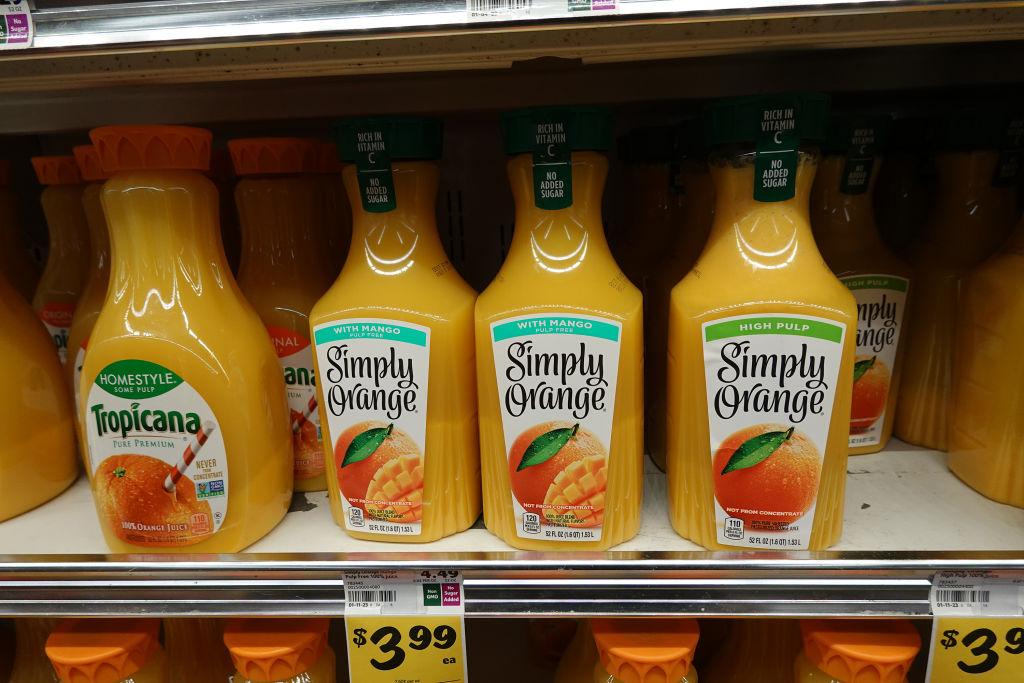
The Simply Orange Class Action Lawsuit Has Been Dismissed — Why That Isn't Necessarily the End
Coca-Cola product "Simply tropical juice drink" was accused of containing PFAS, or forever chemicals, in an April 2023 lawsuit.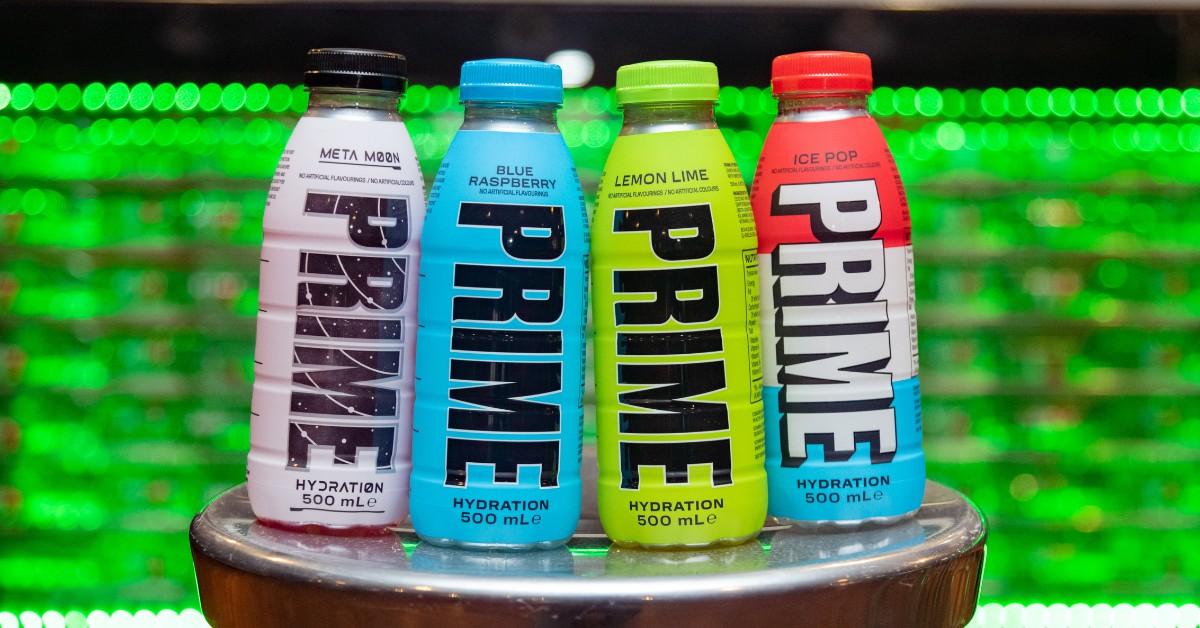
PRIME Hydration Faces a 5 Million Dollar Lawsuit Over PFAS Claims — Details Here
Independent testing shows the presence of PFAS or forever chemicals in the grape flavor PRIME Hydration drink, prompting a class action lawsuit.
6 PFAS-Free Pans Made With Safer Non-Stick Materials Like Ceramic and Cast Iron
A lot of traditional cookware leeches cancer-causing "forever chemicals" into your food, but these brands make PFAS-free pans you can trust.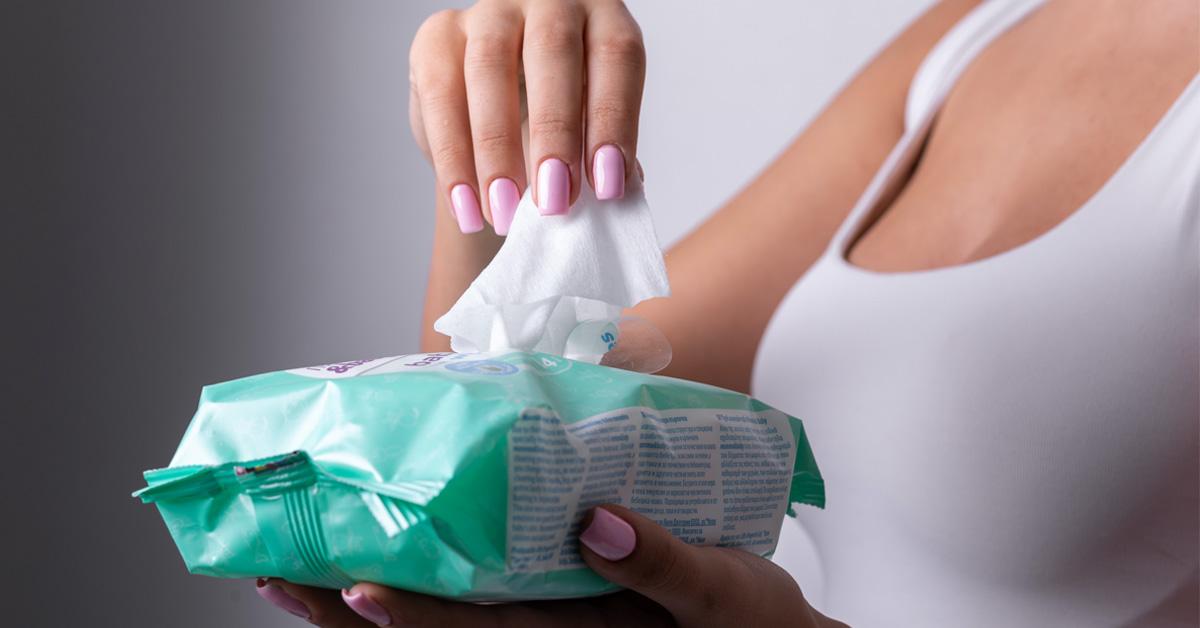
The 6 Softest Baby Wipes for Adults — All Plant-Based and PFAS-Free
These baby wipes designed for adult use are made of soft fibers, water, and plant-based ingredients, and they're safe for sensitive skin.
The 20 Best Sustainable Things to Save on During Prime Day in October
These Prime Day deals are all about energy conservation, sustainable design, and nontoxic living. And they're the best sales of the year.
The Makers of Carefree Pantyliners Are Being Sued Over the Presence of PFAS
Edgewell Personal Care Co., the makers of Carefree pantyliners, is being sued over claims that the product contains forever chemicals.
Which Gas Grills Don't Have PFAS? These 6 Best-Sellers From Beloved Brands Like Weber
Forever chemicals have no place in your appliances, food, or environment. These gas grills have all the bells and whistles but none of the PFAS.
These 5 PFAS-Free Air Fryers Let You Cook Healthier, Nontoxic Meals — Minus the Teflon
These air fryers and air fryer ovens ditch the Teflon and use nontoxic ceramic coatings and even glass to make sure no chemicals leach into your food.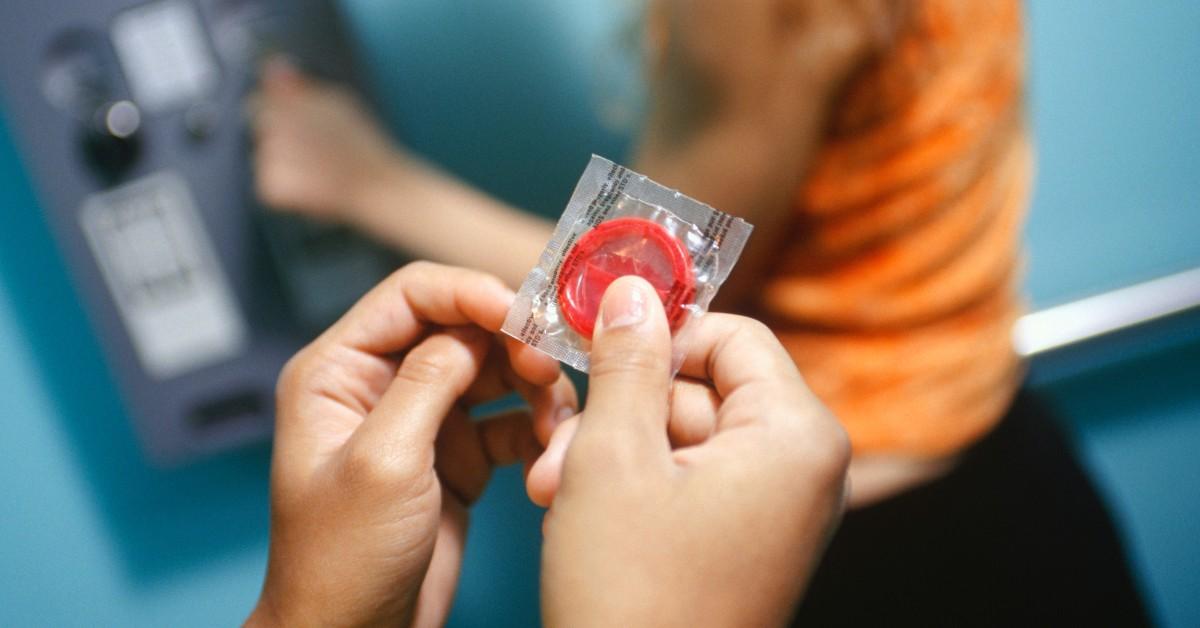
Researchers Find Forever Chemicals in Condoms — but These Brands are PFAS-Free
After analyzing 29 different condom and lubricant brands, researchers discover forever chemicals in several brands.
Your Baby Wipes Could Contain Toxic Chemicals — Try These PFAS-Free Brands Instead
These baby wipes are made mostly with water and plant-based ingredients, and most are biodegradable.
Some Parchment Papers Use "Forever Chemicals" — These Options Are PFAS-Free
Some brands of parchment paper, a popular cooking accessory, have tested positive for PFAS.
A Popular Brand of Baby Wipes Is Accused of Containing PFAS — Details Here
Costco is facing a class action lawsuit over claims that certain types of Kirkland baby wipes contain PFAS.
The Best Pots and Pans for Your Gas Stove Made of Chef-Approved, Eco-Friendly Materials
These pots and pans made of chef-approved materials like stainless steel, cast iron, and ceramic are best for cooking on a gas stove.
“Forever Chemicals” Found In All Areas of the Great Lakes
The Great Lakes region, which holds 95% of the nation's freshwater supply, tests positive for PFAS in the air, atmosphere, rain, and water.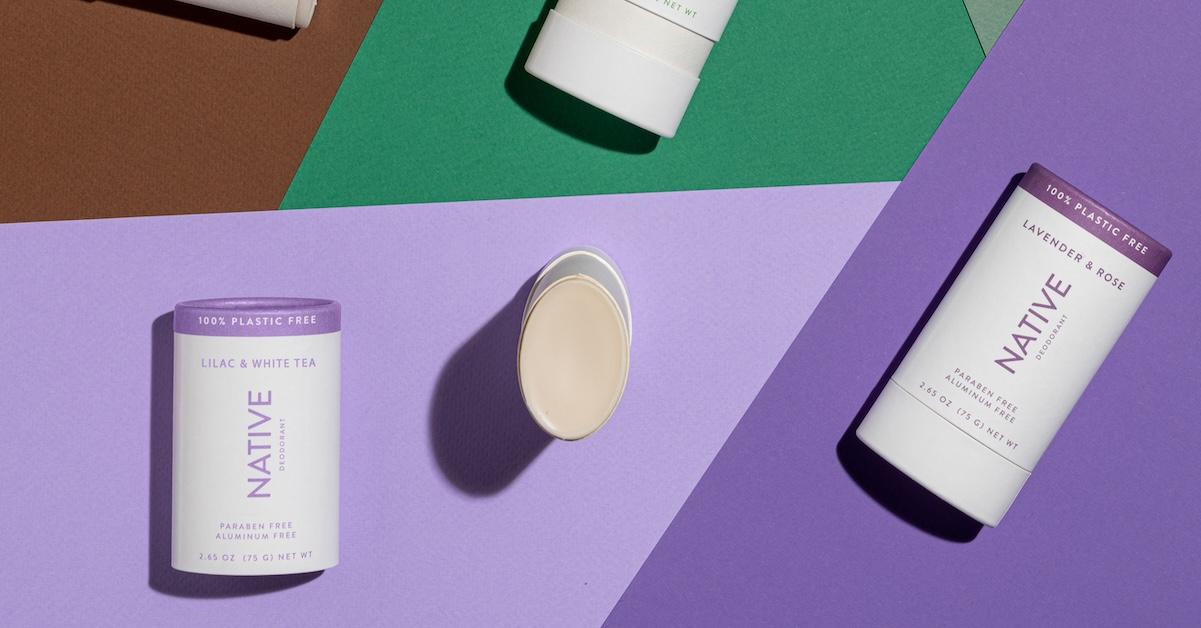
Attorneys Considering Class Action Lawsuit Against Native Over "Forever Chemicals" Concerns
Attorneys are investigating whether they have enough evidence to file a class action lawsuit against Native over concerns that the products contain PFAS.
Positive Steps Taken to Fight Climate Change in 2024: The Progress so Far
From first of it's kind legislation on PFAS to discovering new species, major progress has been made when it comes to climate change in 2024.
Study Finds Water Polluted With "Forever Chemicals" in Almost 50% of U.S. Prisons
An estimated 1 million incarcerated people are believed to have been exposed to levels of PFAS from water in prisons. These "forever chemicals" are known to cause lifelong health issues.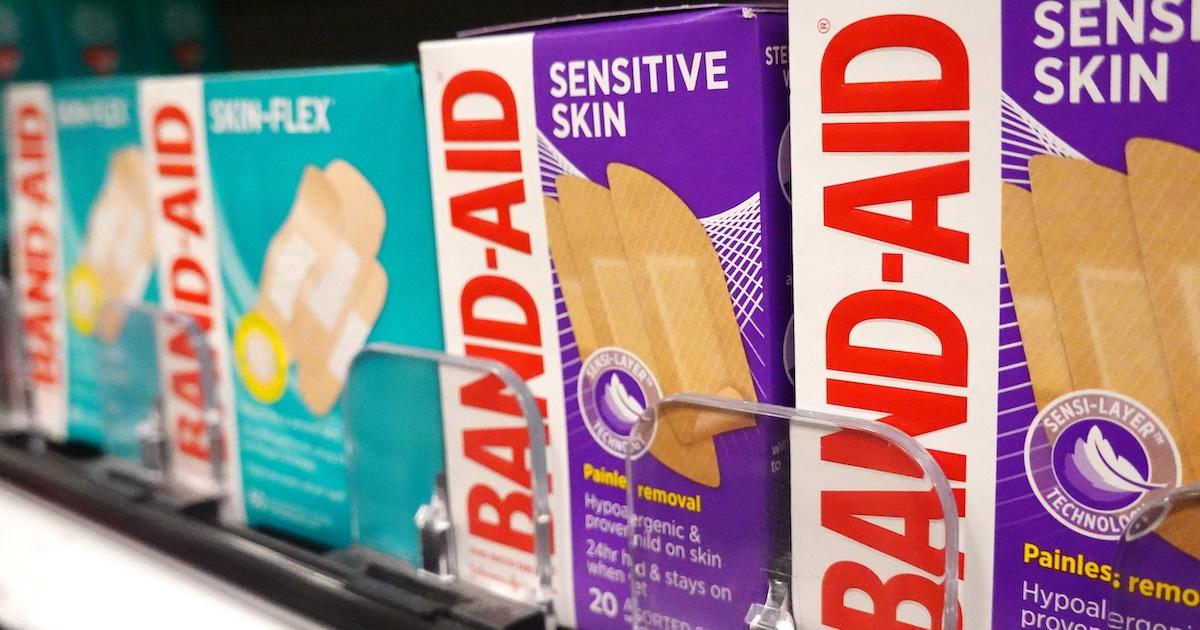
Forever Chemicals Detected in Popular Bandage Brands — Which Brands Are PFAS-Free?
Several bandages were determined to have PFAS, or "forever chemicals," per a new report from Mamavation.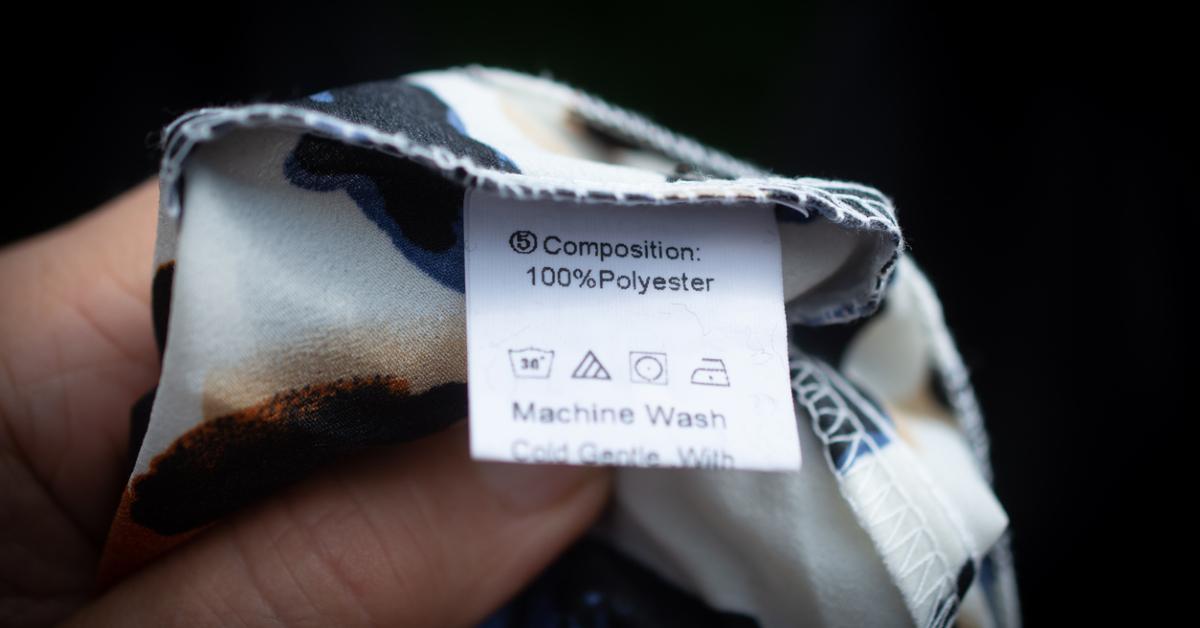
Is Cheap Synthetic Fashion Killing Us? The Truth About Polyester Fabric
Do you like eating microplastics? We bet you don't! Well, your adored polyester hoodie is likely contributing to the global plastic pollution crisis.
Exposure to PFAS Is Linked to Higher Ovarian Cancer Risk, Researchers Find
PFAS are linked to ovarian cancer and other hormone-related cancers, a research study has found. Here are the details.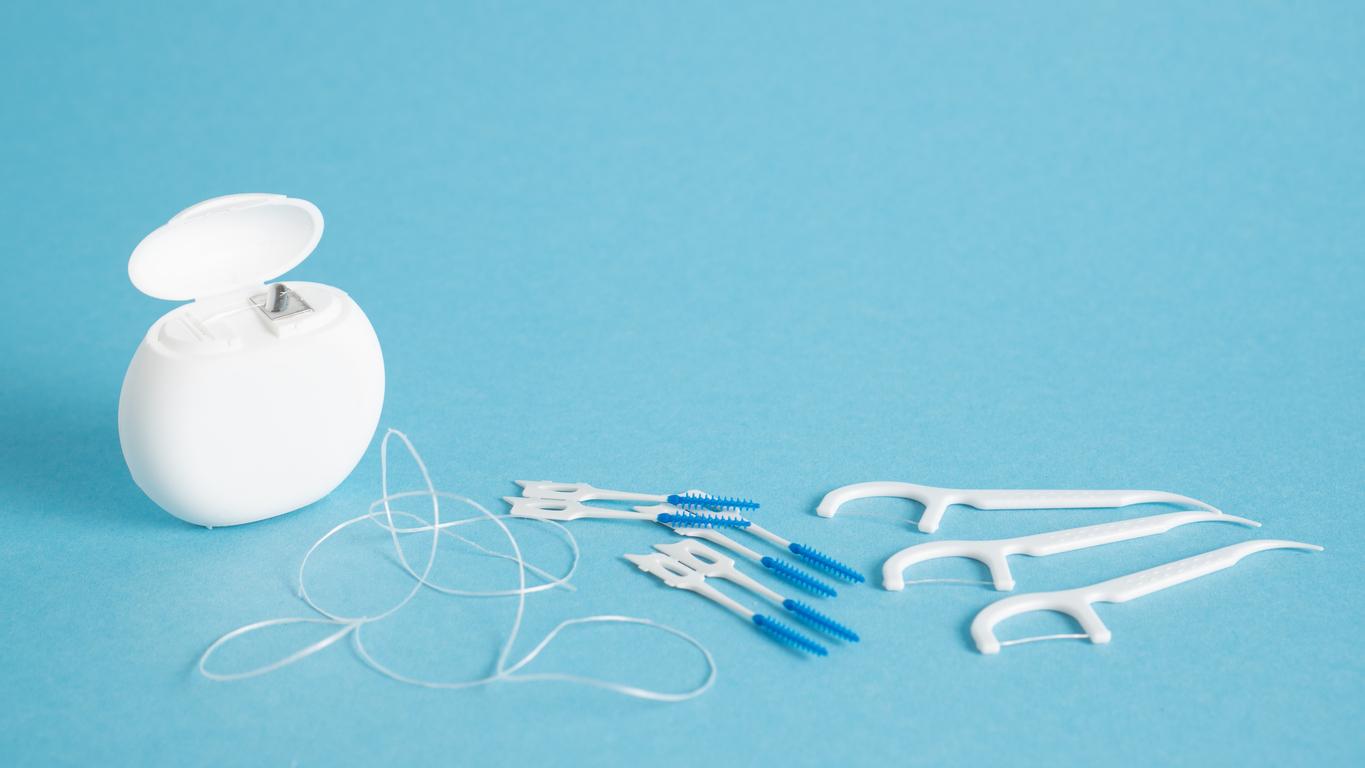
5 of the Best Eco-Friendly, Vegan, and PFAS-Free Dental Flosses
Check out these five sustainable, vegan, cruelty-free, and PFAS-free dental floss brands.
Less Than 8% of Research on "Forever Chemicals" Makes the News, Study Finds
Most research about the hazards of PFAS, aka "forever chemicals," goes unpublicized.
Study Finds "Forever Chemicals" in Contact Lenses — These Brands Are PFAS-Free
Researchers have found PFAS in many popular contact lenses. Are there any contact lenses without PFAS? Let's look at the alternative options.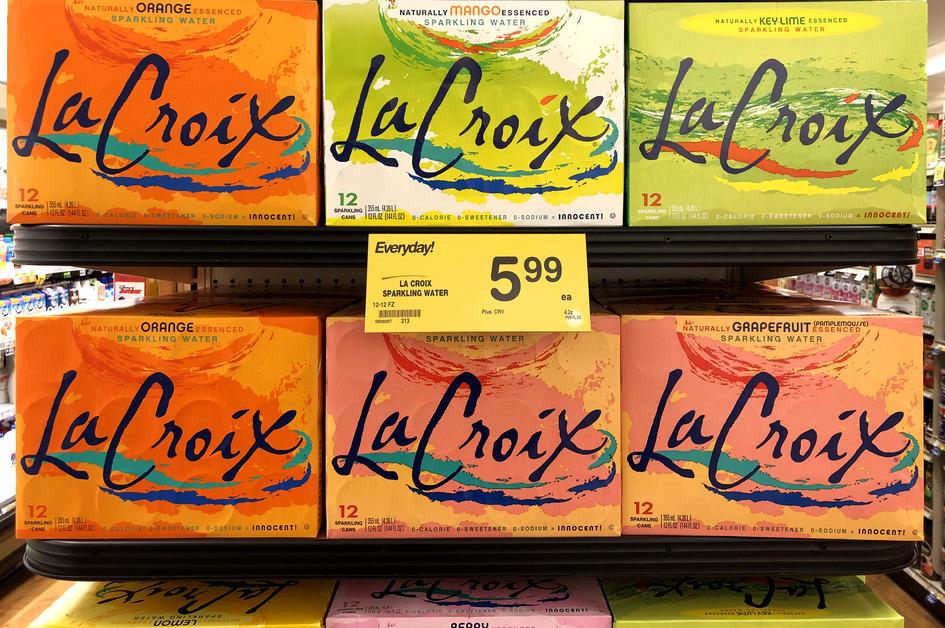
“Forever Chemicals” Are in Some Sparkling Water Brands — Here’s Which to Avoid
A study found that some popular sparkling water brands contain concerning levels of forever chemicals. You may be surprised by the results.
Almost Half of All Drinking Water in U.S. Is Contaminated by PFAS
A six-year study by the USGS found that there are more PFAS in tap water than previously thought.
A Groundbreaking PFAS Treatment Permanently Destroys Forever Chemicals in Drinking Water
PFAS water treatment methods introduced by scientists at both Canadian and American universities are revolutionizing drinking water purification.
EPA Finally Releases a Proposal to Limit PFAS Levels in Drinking Water
After dragging its feet for far too long, the EPA has designed a proposal that would limit PFAS levels in drinking water.
Study Detects Forever Chemicals in Toilet Paper — Here Are a Few PFAS-Free TP Brands
A recent report detected PFAS in toilet paper — and though the lead author says we need not worry, we've rounded up a few PFAS-free toilet paper brands.
PFAS Are All Over the World — How These "Forever Chemicals" Can Harm Your Health
What are PFAS and why are they bad? These chemicals can be found all over the planet — and the human body.
Maine’s “Sludge Crisis” Is a Major Public Health Issue — but What Is Sewage Sludge?
What is sewage sludge? Maine communities are dealing with a public health problem revolving around waste disposal.
Scented Toilet Paper and Tampons: Are They Safe?
Is scented toilet paper safe? Even though brands have released toilet paper and tampons that smell good, you may not want to use them for these reasons.
Attention, Pet Parents — PFAS Were Detected in This Type of Dog Food Packaging
If you're a pet parent, you care about what your fur baby is consuming — which is why it's important to know PFAS were detected in dog food bags.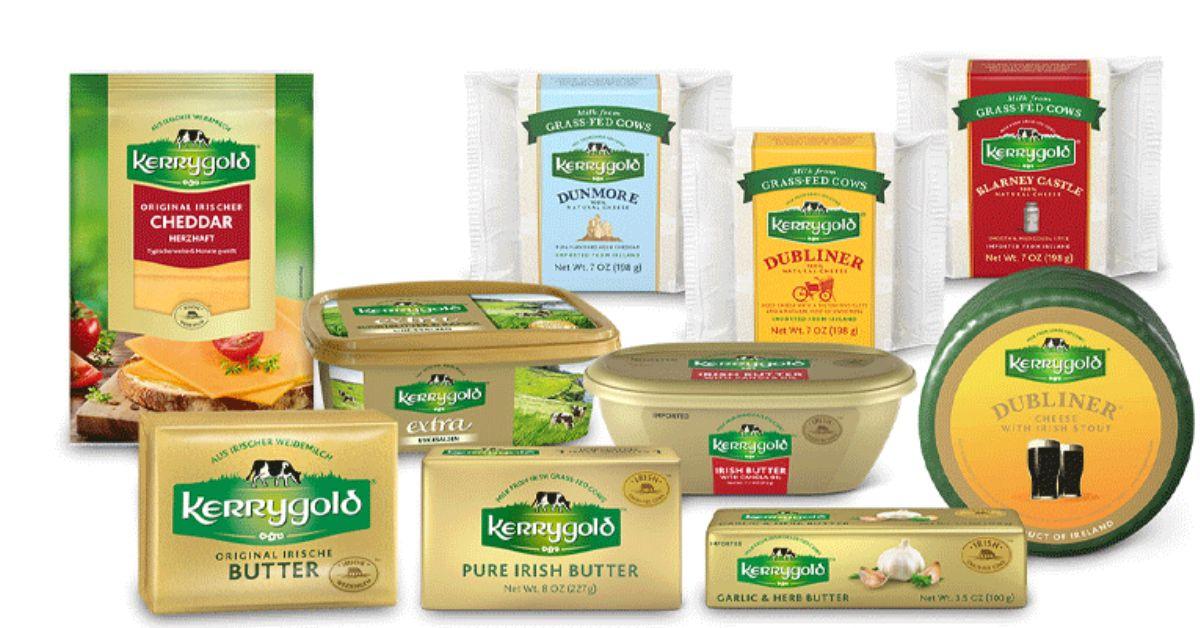
Why Was Kerrygold Butter Recalled? What to Know About the Reported PFAS Contamination (Updates)
Why was Kerrygold Irish Butter recalled? The popular spread was unfortunately found to contain dangerously high levels of PFAS.
PFAS-Free Period Underwear Options, to Ensure Your Time of the Month Is Safe and Healthy
After Thinx was sued for containing PFAS in its period underwear, we've compiled a list of PFAs-free options to healthily manage your time of the month.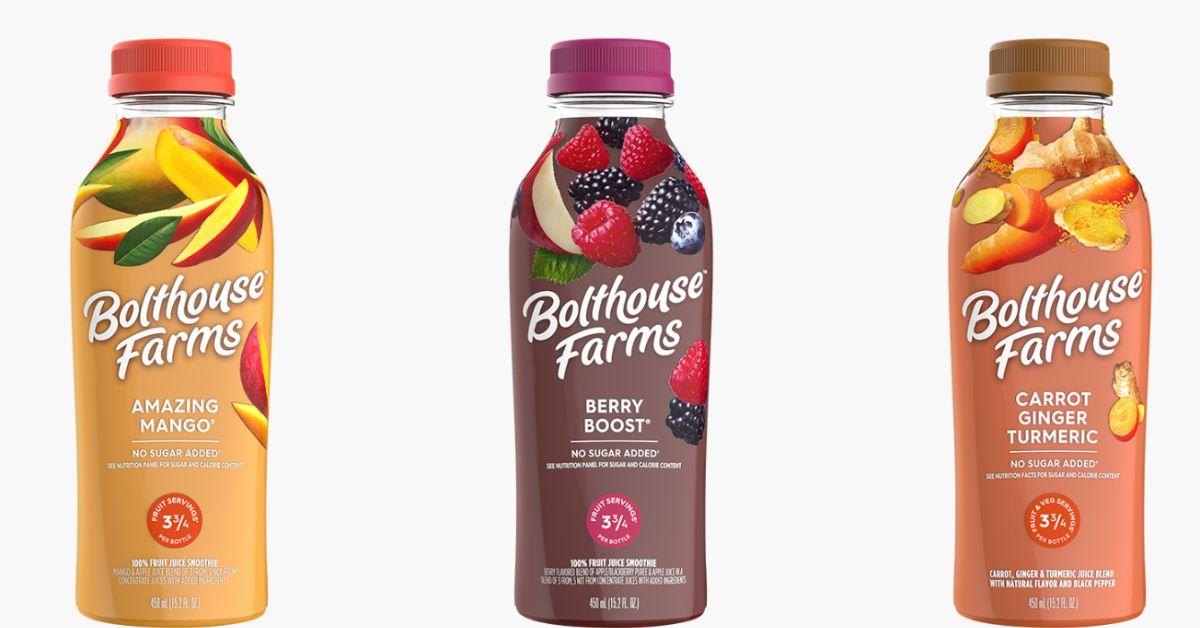
PFAS Reportedly Detected in Bolthouse Farms Smoothies, Sparking a Class-Action Lawsuit
Beverage company Bolthouse Farms has been hit with a class-action lawsuit after PFAS were reportedly detected in some of the company's products.
Freshwater Fish Nationwide Test for High Levels of PFAS, or "Forever Chemicals"
If you're a fan of freshwater fish, you may want to change your mind — species tested in the U.S. showed dangerously high levels of PFAS.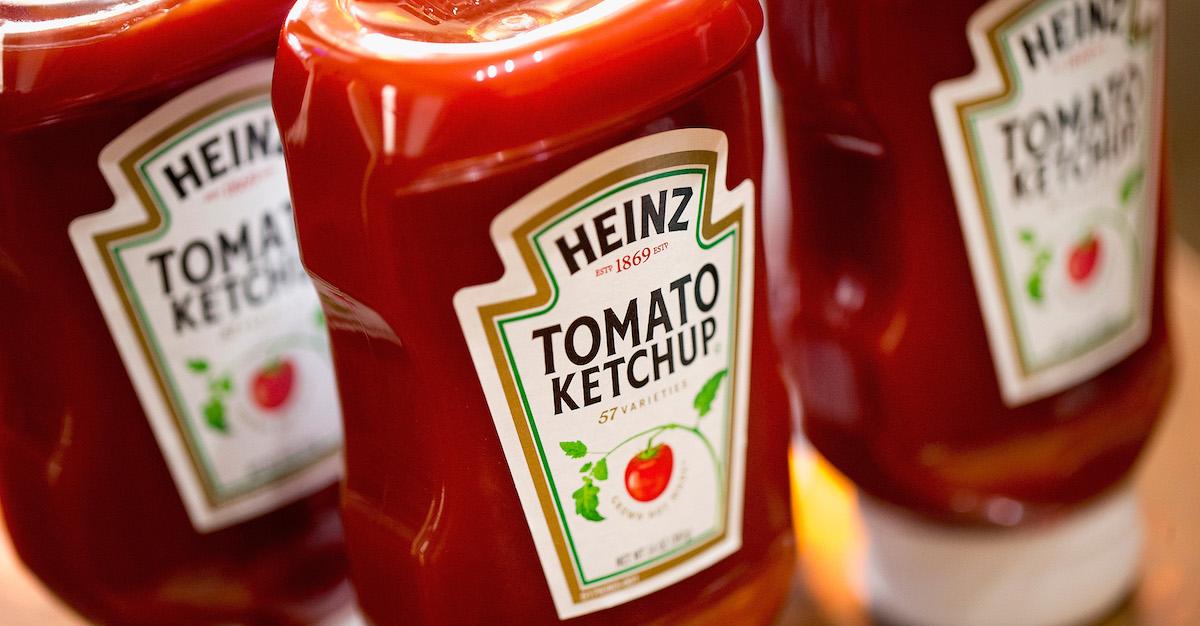
The U.S. EPA Is Targeting PFAS in Food Containers
In a recent lawsuit, the EPA is targeting PFAS in plastic containers that are used to contain food, cleaning supplies, and toiletries.
Why Environmentalists Are Criticizing 3M's New Pledge to Stop Manufacturing PFAS
3M just announced that it will stop manufacturing and making PFAS by 2025.
EWG Detects "Forever Chemicals" in Pet Food Bags
A new report has detected PFAS in pet food bags, leaving pet parents concerned about how this may affect their dogs and cats.
How to Remove “Forever Chemicals” Using Reverse Osmosis
Figuring out how to remove PFAS from water can seem complicated. But there are a few methods, such as reverse osmosis, that you can try.
"Forever Chemicals" Detected in Waterways Across the U.S. in New Survey
A recent report detected PFAS chemicals in 83 percent of tested waterways across the U.S.
PFAS May Have to Shed the Name "Forever Chemicals," As Research Has Found a Way to Destroy Them
A group of scientists discovered a new method that can supposedly destroy forever chemicals.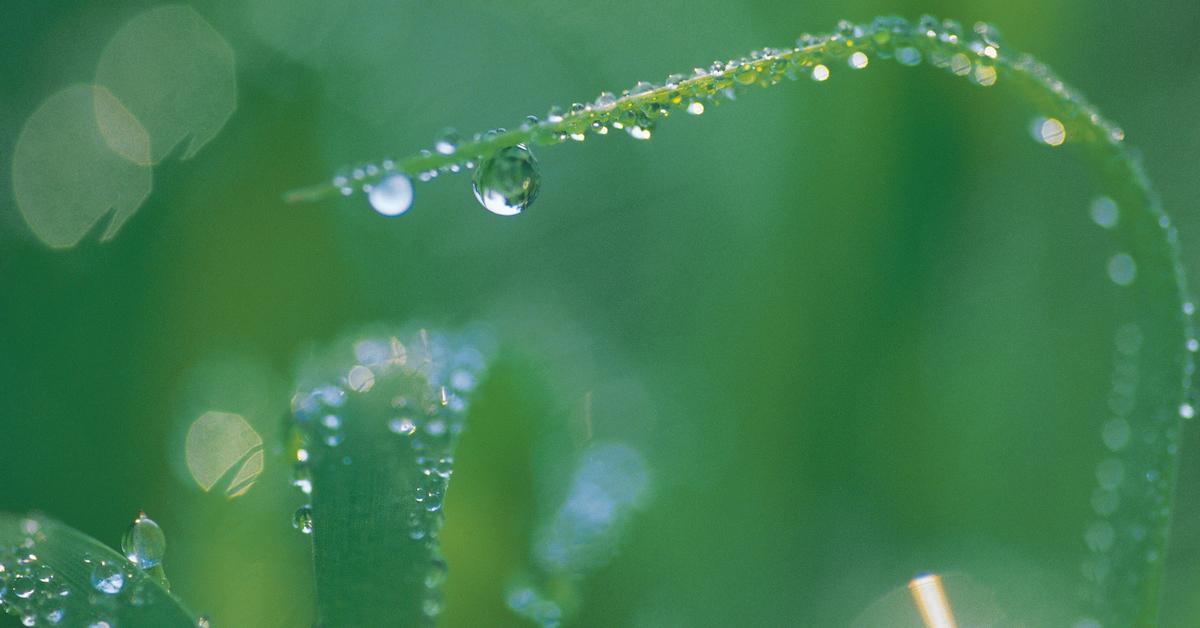
Forever Chemicals Have Rendered All Rainwater Unsafe to Drink Worldwide
A new study has discovered that not only are forever chemicals in water, but they are found in rainwater all across the world, at levels that reportedly render all rainwater undrinkable.
The EPA Has Lowered the “Healthy” Levels of Forever Chemicals in Drinking Water
Although PFAS, or forever chemicals, are incredibly ubiquitous, the EPA says the "healthy limit" of consuming them is lower than previously thought.
NY Lawmakers Propose Bills to Ban PFAS, aka Forever Chemicals, in Certain Products
A New York lawmaker is proposing legislation that would phase PFAS chemicals out of a number of products.
Non-Toxic, Sustainable Car Seats That Grow With Your Little One
Fortunately, there are plenty of non-toxic car seats without flame retardants and other toxins, that will protect your baby and go easy on the environment.
Anti-Fog Glasses Sprays Found to Contain Forever Chemicals — Here Are Some Natural Alternatives
Anti-fogging glasses sprays often contain forever chemicals, aka PFAS, according to new research. Here's how you can avoid that.
EPA Finds That 120,000 Communities Across the U.S. May Be Exposed to PFAS
New findings are showing that people across the map may be exposed to PFAS, as 120,000 sites across the country are handling forever chemicals.